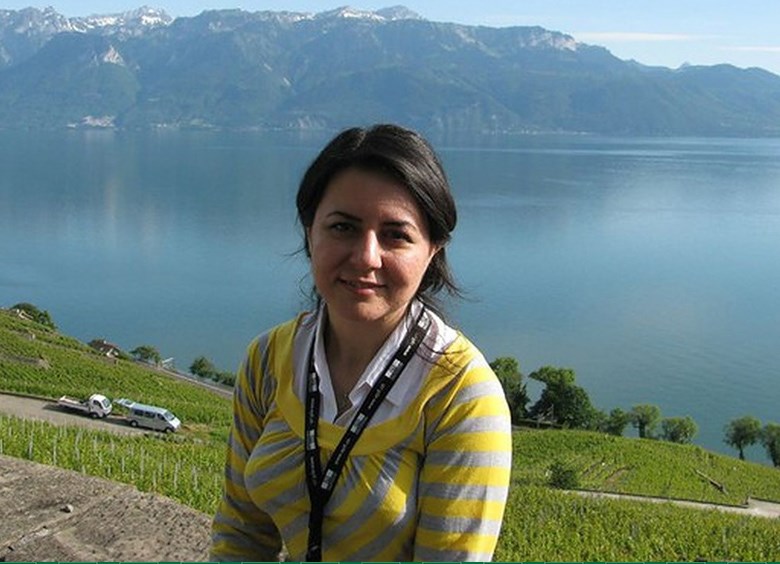SASKATOON - University of Saskatchewan (USask) PhD candidate Leila Eamen and her research team have developed a hydro-economic model that investigates alternative ways to allocate water resources from the Saskatchewan River Basin among the Prairie provinces to maximize economic benefits, such as a province’s gross domestic product.
In Saskatchewan, where precipitation has been low and heat levels high in the summer of 2021, such a model has become extremely relevant as natural water supply dwindles.
“In the case of shared waters, estimating the impacts of water allocation decisions in one part of the region on other parts is crucial to prevent economic losses and build resilience in our communities,” Eamen said.
In the Prairie provinces, where agriculture is a fundamental industry, water is an essential ingredient in the recipe for a healthy economy.
Close to 80 per cent of Canada’s irrigated agriculture operations take place in Saskatchewan, Alberta and Manitoba. Although Canada is considered a water-rich country, it is important to closely manage the water supply as climate change has already begun to affect the amounts available.
For example, what would happen to the agriculture industry in Saskatchewan should Alberta provide its agricultural lands with more water from the Saskatchewan River? Eamen said her model will be able to aid in determining the answer.
The model will estimate the amount of water available in the river basin and how it should be shared among users to best support the economy. Making these determinations is a critical step to ensuring the security of water resources as supply levels change.
The model will also consider important influences in the environment that will most likely cause water shortages in the future, such as climate change and population growth.
“If water availability decreases by different percentages, for example, 10 per cent and 50 per cent as a result of climate change or socio-economic development, we can reduce the associated economic loss in GDP by up to 28 per cent and 69 per cent, respectively, by allocating water based on economic considerations rather than the existing priority-based allocation strategy in place in most parts of the Saskatchewan River Basin.”
Climate change part of the calculation
The research is unique in that it allows for a number to be calculated for the first time to represent the climate change-induced effects of water shortage on the economy. The work has been published in Ecological Economics and Science of the Total Environment; two more papers are under revision for Water Resources Research and Environmental Modelling and Software.
Developed under the supervision of Dr. Saman Razavi (PhD), associate professor in the USask School of Environment and Sustainability (SENS), and Dr. Roy Brouwer (PhD) from the University of Waterloo, the research can inform policymakers about the impacts of water allocation on the economy and help them to make decisions that minimize economic losses and navigate trade-offs between economic, environmental and cultural considerations.
“The results of my research show that the economy of Alberta and Saskatchewan is vulnerable to water shortages that are likely (due to) climate change,” said Eamen.
“The economic platform developed in this research accounts for the interconnectedness between different industries and various regions.”
Although the model was developed based on the shared water resources in the Saskatchewan River Basin, its methodology can also be used in other regions.
“Being born and raised in the semi-arid region of my home country, Iran, made me understand the real meaning of limited water resources from the early stages of my life,” said Eamen, who defended her PhD thesis in July 2021.
“I came to Canada to pursue a PhD and help find methods of managing our water resources more efficiently, without eroding their sustainability. I am interested in opportunities I can explore to learn interactively and dynamically about water.”
In the future, Eamen and her team plan to share their hydro-economic model with important stakeholders and a wider audience. Interactive tools are being developed so anyone can view the economic effects of water-sharing at any time.
The research was funded by USask and the Integrated Modelling Program for Canada, as part of the Canada First Research Excellence Fund for Global Water Futures.




